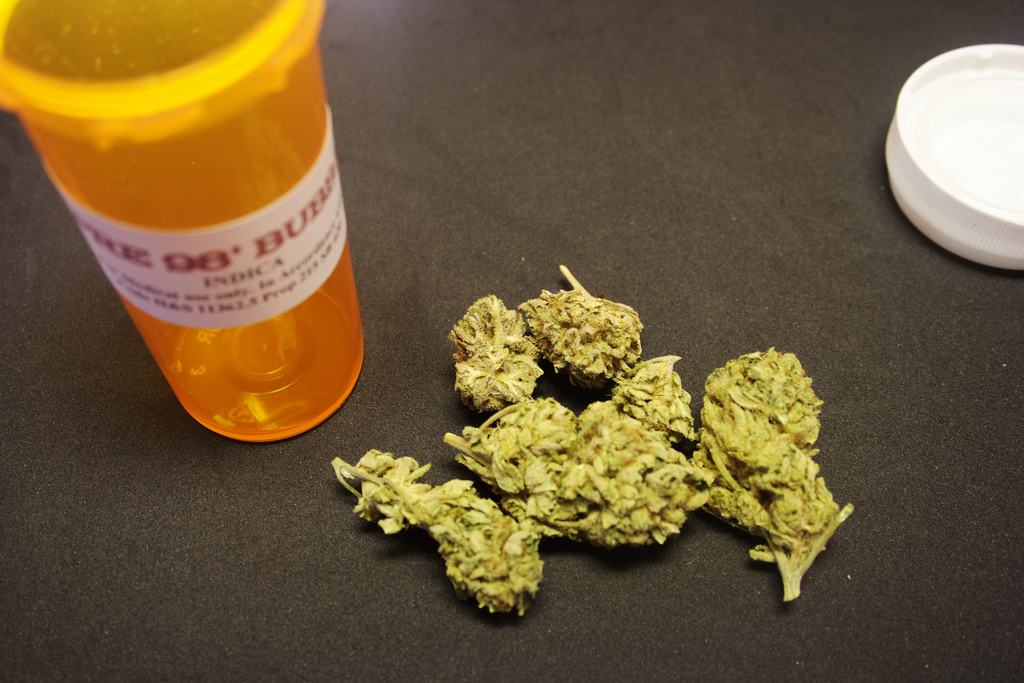There are currently no clinical studies on cannabis and autism, regardless, there is mounting ancillary research from doctors and patients alike.
Due to the lack of scientific data, doctors have been prohibited from prescribing or even suggesting cannabis use as an option for treating autism. There is however, a great deal of anecdotal evidence that suggests CBD can help autistic children like no other medication has been able to.
What is Autism?
Autism is a spectrum of disorder that effect the way a growing brain develops. Symptoms include difficulties communicating, problems interacting with others, and/or repetitive and obsessive behaviors. A variety of things can contribute to the onset of autism such as genetic mutations, environmental factors, advanced parental age, and certain pregnancy problems.
According the Centers for Disease Control and Prevention (CDC), autism impacts 1 in 42 boys and 1 in 189 girls in the United States. Around one third of these people remain nonverbal their entire lives and another one third have intellectual disabilities. Other medical and psychological ailments frequently accompany autism such as gastrointestinal (GI) disorders, seizures, sleep disturbances, attention deficit and hyperactivity disorder (ADHD), anxiety and phobias.
The Research
A doctor at Shaare Zedek Medical Center in Jerusalem, Israel, conducted an observational study on 70 of his own patients to determine the effects of CBD on autism. Most of the children show drastic improvements, many were able to communicate better and were no longer throwing extreme tantrums or hurting themselves.
The positive results led to a full-fledged clinical trial to be established, which started in January of this year. The study involves 120 individuals, five to twenty-nine years of age. Each participant will receive one of two different cannabis oil formulas or a placebo.
“It is indeed the first study in the world that’s examining the effects of cannabis on autism,” stated Dr. Adi Aran, 47, director, neuro-pediatric unit, Shaare Zedek Medical Center. “The research is still ongoing, and I want to be very careful about what I say, but as of now we are seeing very good results – we see an improvement in behavioral problems.”
Research is expected to run through the end of 2018.
[Image credit: Flickr]